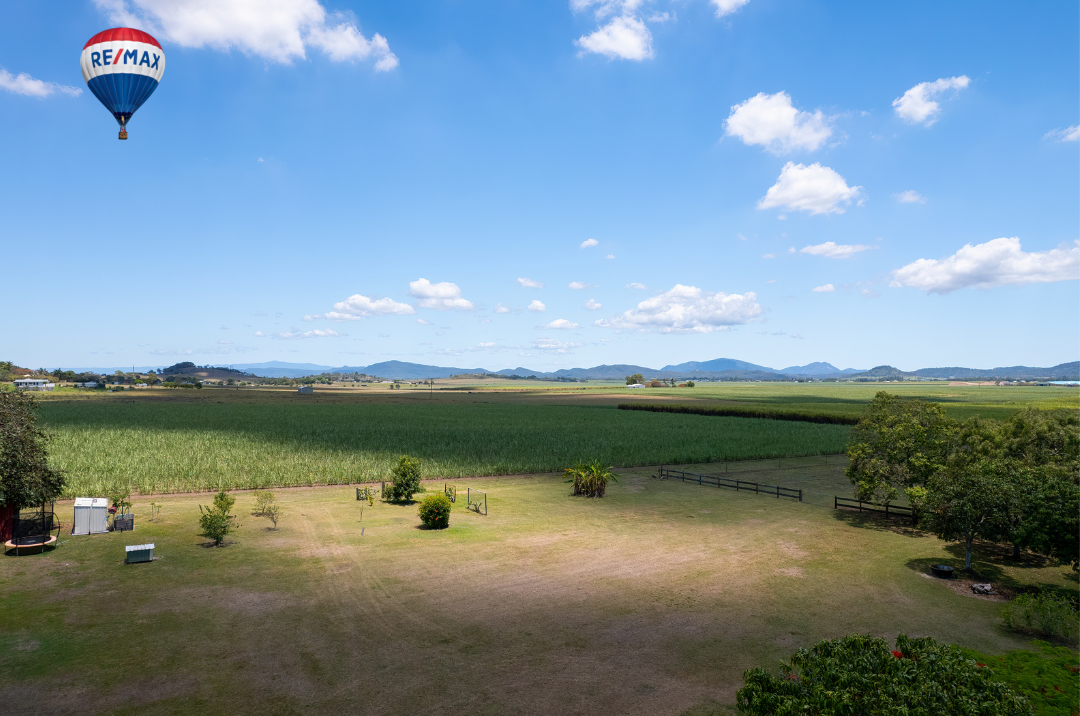If you dream of rural living, you may have considered buying an acreage and are looking around at different options. An acreage can provide a cozy style of country living, whether close to an urban centre or out in the middle of nowhere. Buying an acreage property is a bit different than buying a more traditional home, so let’s take a look at some of the things you should consider.
5 Factors to Consider when Buying an Acreage
The Size of the Acreage
The size of the acreage you want to purchase will influence the type of mortgage that you apply for. Mortgage lenders will likely approve up to a certain number of acres with a house and garage, and varies based on the location. A property located close to an urban centre and under 10 acres will typically be approved with a 20-per-cent down payment. A property that is further away and larger will require a larger down payment.
If there is no home on the acreage, you will need to apply for a land loan instead of a conventional mortgage. Land loans typically require at least a 25-per-cent down payment and have higher interest rates. However, this could be a good option if you want to build a house on your property.

Financing an Acreage
If you are planning only to live on your acreage without raising livestock or growing crops, then financing an acreage is similar to buying a home in the city. However, there are different rules and regulations when crops and livestock come into play, and it is important to be aware of the differences.
Mortgage lenders never want to foreclose a property, but this is especially true of an acreage because, depending on location, it could take much longer to sell than an urban home. If you apply for a CMHC-insured lending program, an acreage under $1 million can be bought with as little as a 5% down payment, though lenders always like to see more, especially in remote locations. If you decide to go down this route, be aware that a number of requirements need to be met, including a house with economic life and an appraisal.
Bylaws and Zoning Requirements
Depending on the location of your acreage, there could be a number of municipal bylaws and zoning requirements that you need to be aware of. They can affect anything from how you can use the land, to livestock that is and is not permitted, to dimensions and property lines of outbuildings that you may want to construct. If you have a real estate agent, you can ask them about any rules and regulations that may be in effect for your acreage.
Outbuildings
If you are applying for a mortgage, that mortgage will only cover the land, house and garage. It does not cover any outbuildings that are on the property. If there are valuable outbuildings on the acreage, their value will be deducted from the total value of the property, and it will be up to the buyer to pay the difference. This results in a larger down payment but a smaller mortgage.
If the acreage does not have any outbuildings, but you want to construct one, check the municipality requirements to ensure that you work in accordance with local bylaws.

Water Supply
You will not be approved for a mortgage on an acreage unless it has drinkable water. The easiest way to have good water is to get it from the municipal water supply, but depending on your location, this may not be possible. Other options could include a well, dugout, or hauling your own water. If the acreage uses one of these options, you will need to get a septic and well inspection when applying for a mortgage.
If the acreage uses a well or dugout, it will require ongoing maintenance. You need to factor in these costs when deciding whether to purchase an acreage because clean drinking water is one of your most critical day-to-day needs. Research the source and quality of the water supply before committing to an acreage.
These are just a few of the main things to consider when buying an acreage. A real estate agent can help you determine which aspects you need to consider, including sewage, flood planes, and schools for your children. By planning ahead of time, you can invest in a rural lifestyle that is peaceful and quiet for your family.
Courtesy: remax.ca


Leave A Comment